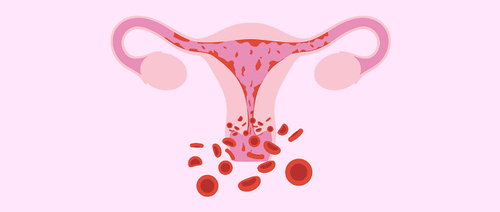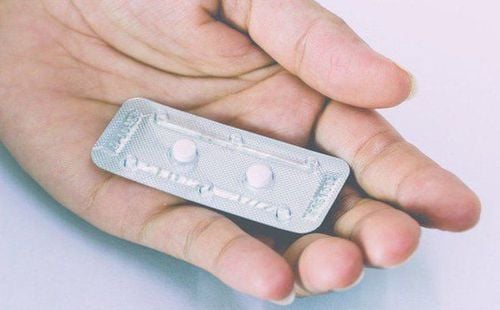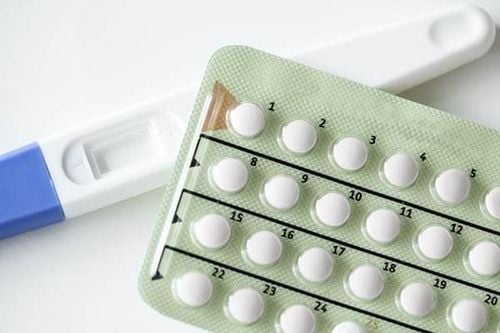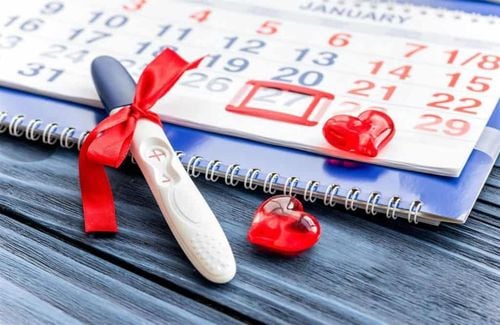This is an automatically translated article.
The article was professionally consulted by MSc Nguyen Van Thanh - Department of Obstetrics and Gynecology, Vinmec Nha Trang International Hospital.Emergency contraception prevents unwanted pregnancy, avoids the risk of abortion. To be effective, emergency contraception should be used as soon as possible after intercourse. This method does not work for pregnant women.
1. What is emergency contraception?
Emergency contraception reduces the chances of conception after unprotected sex. Emergency contraception is often used in some cases such as forgetting to take the daily pill, condoms breaking or slipping, not using birth control during sex, or unwanted sex.
Trắc nghiệm: Bạn có hiểu đúng về dấu hiệu mang thai sớm?
Các dấu hiệu mang thai sớm không phải chỉ mỗi trễ kinh mà còn có rất nhiều dấu hiệu khác như xuất huyết âm đạo, ngực căng tức,… Điểm xem bạn biết được bao nhiêu dấu hiệu mang thai sớm thông qua bài trắc nghiệm này nhé!
2. Emergency contraception
There are two common methods:
IUD insertion Take emergency contraceptive pills . There are 3 types of emergency contraceptive pills:
Ulipristal. Progestin-only emergency pills. Combination birth control pills. There are mandatory emergency contraceptive pills available with a prescription and some can be purchased without a doctor's prescription.
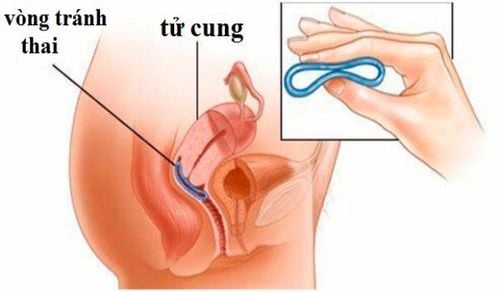
3. The most effective form of emergency contraception
The IUD is the most effective form of emergency contraception Compared to all birth control pills, ulipristal is the most effective if used as directed, followed by the Progestin-only emergency contraceptive pill, and last. together with a combined oral contraceptive.
How the IUD works The main mechanism of action of the IUD is to prevent sperm from reaching an egg, which is also the most effective method of birth control. Note, in case you want emergency contraception, you need to put the ring within 5 days of having unprotected sex. This method of contraception can last up to 10 years. It is easy to get pregnant again after the IUD is removed, and the IUD can be removed at any time.
Possible side effects after IUD insertion Abdominal pain during menstruation, increased bleeding during the first few months of IUD insertion are some of the side effects. Over-the-counter pain relievers can be purchased to relieve symptoms of abdominal pain. Heavy bleeding can also be treated with medication.
Usually, both of the above side effects (if any) will subside within 1 year of having the ring inserted.
How Ulipristal Birth Control Pills Work: The pill works by acting on the hormone progesterone in the body, delaying or preventing ovulation. Pills containing Ulipristal can be used within 5 days of unprotected intercourse without reducing its effectiveness. Ulipristal is a prescription drug. If taken as directed, ulipristal is more effective at preventing pregnancy than progestin-only pills and combined oral contraceptives. Progestin-only emergency contraception: It should be taken as soon as possible after unprotected sex. Progestin prevents pregnancy by preventing or delaying ovulation, is most effective within 3 days of unprotected intercourse, and is relatively effective if taken within 5 days. Medicines without a prescription. Combination Pill: A pill that contains both estrogen and a progestin that prevents pregnancy by delaying ovulation. The drug should be used as soon as possible, no more than 5 days after sex. The drug is usually divided into two doses, the number of tablets to be taken is different for different brands.
4. Is it possible to take birth control pills regularly?
It is possible to take birth control pills more than once in a menstrual cycle. However, emergency contraception should not be abused for daily use. The emergency contraceptive pill is not as effective at preventing pregnancy and, if misused, can have more side effects than the correct daily use of birth control. See an obstetrician-gynecologist for advice on the most suitable birth control method.
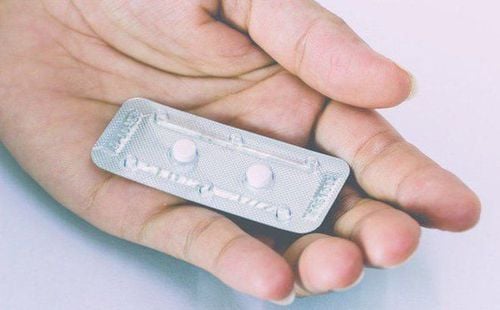
5. Possible side effects after taking emergency contraceptive pills
Currently, emergency contraceptive pills have not caused any serious complications. There may be some side effects such as early or late period, irregular bleeding, etc. within a few weeks or a month after taking the pill. After that, the symptoms will go away on their own. Other possible short-term side effects include:
Headache Nausea and vomiting (especially in people taking combined oral contraceptives) Chest pain Abdominal pain Dizziness, dizziness Fatigue
6. Does physical condition affect the effectiveness of the drug?
Emergency contraceptive pills may reduce the effectiveness of birth control for women who are overweight or obese. If you are overweight or obese, consider the method of IUD insertion, because weight does not affect the effectiveness of this method.
7. Where to buy emergency contraception or ring?
Progestin-only pills do not require a prescription and are not age-restricted and can be purchased at pharmacies. To buy ulipristal, you need a prescription from your doctor. To place the ring, it is necessary to go to medical facilities.
8. After how long after taking emergency contraception can use long-term contraception?
This depends on the medication being taken:
For progestin-only or combined oral contraceptives, other methods of contraception can be used immediately after stopping the pill. However, in the first 7 days of using daily contraception, it is necessary to use a condom or avoid sex to ensure safety. For ulipristal, it is necessary to wait 5 days after stopping the pill to be able to use other methods of contraception. Along with that, it is necessary to combine using condoms or avoiding sex until the next menstrual period. Concomitant use of hormonal contraceptives and oral ulipristal may decrease the effectiveness of both types of contraception.
9. Is there any follow-up after using emergency contraception?
After taking the emergency contraceptive pill, no further tests or procedures are needed. However, you should still take a pregnancy test if your period is late. There is no evidence that birth control pills harm the pregnancy or the health of the fetus, in case the user is pregnant.
Emergency contraception does not prevent sexually transmitted infections (STIs). If you suspect you may have contracted an STI, and have had unprotected sex, contact your obstetrician-gynecologist for advice.
Please dial HOTLINE for more information or register for an appointment HERE. Download MyVinmec app to make appointments faster and to manage your bookings easily.
Articles refer to the source Acog.org




